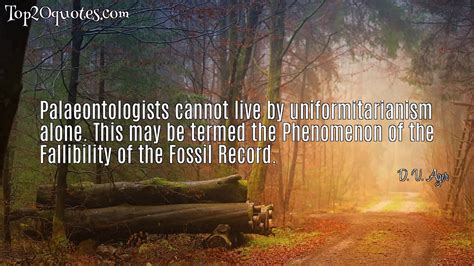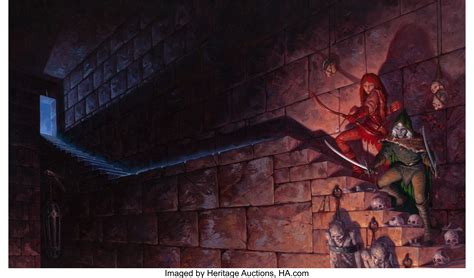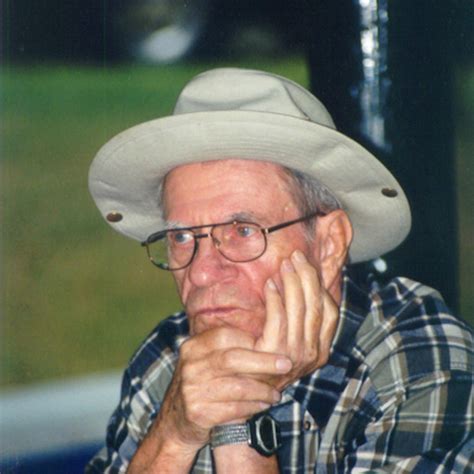A Quote by Ron Franscell
One of the most intuitive nature writers of our recently past century, Peter Matthiessen, lends a poets voice to the desperate effort to save the tiger.
Related Quotes
Prior to the early 20th century, for the totality of humankind's existence if they saw something moving, it meant it was there. If they saw a tiger walking, that meant they were near a live tiger. This was entrenched in our subconscious and our unconscious.Then that drastically changed with film and television.
I see that in the future, things that we have lost in the past will be recovered. There's a search for those things, a search for spirituality, for nature, for the goddess religions, for family and human bonding. All that has been lost in this industrial era. People are in desperate need of those things. I don't think the world will destroy itself in a nuclear cataclysm. On the contrary, we have the capacity to save ourselves and save the planet, and we will use it.
I think that poets can say, "What we want is for everybody on earth to wake up free from fear and with access to medicine and clean water and education." But I don't think poets have any special insight on how to get there. And the 20th century is a pretty good record of that because so many of the great poets were Stalinists: Vallejo, Neruda, Eluard, Aragon, etc. They wrote their odes to Lenin and Stalin. They glorified some of the most violent and grotesque dictatorships of the 20th century. And a lot of the ones who were not Stalinists were fascists or fascist sympathizers.
And lastly, Chairman Khrushchev has compared the United States to a worn-out runner living on its past performance, and stated that the Soviet Union would out-produce the United States by 1970. Without wishing to trade hyperbole with the Chairman, I do suggest that he reminds me of the tiger hunter who has picked a place on the wall to hang the tiger's skin long before he his caught the tiger. This tiger has other ideas.






































